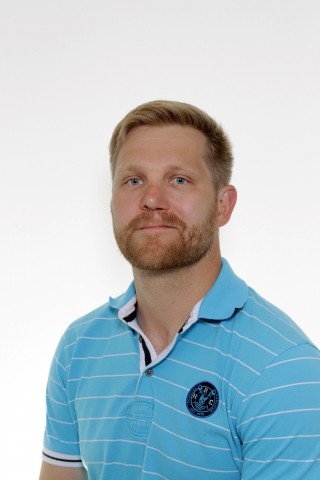

In Finland, EMMA Extension implements smart fairway technology, more accurately the digitalized buoys, in the fairway located in South Savonia. During the EMMA Extension, old buoys will be replaced by smart buoys that are equipped with GPS position equipment and SIM card, enabling the transmitting of the position data to the transport management system onshore. The smart fairway will reduce the need for physical fairway inspections, save maintenance costs and – most importantly – increase the safety of navigation.
The deep-water channel towards the Joensuu and Puhos is mainly narrow and winding, and several of its destinations are difficult to navigate to. Therefore, this stretch is easily comparable to fairways located in the other EMMA Extension partner countries. The new improved deep-water channel will stretch from the Haponlahti Canal all the way to Savonranta. This fairway is used by both foreign traffic and internal traffic in Saimaa.
The fairway towards the Joensuu and Puhos consists of several light signs. Therefore, it is reasonable to remotely control these. Using led signals reduces the use of energy and increases the lifetime of lights. The synchronized signalling causes less eye fatigue for captain/pilot and eases the navigation. Controlling of lights also reduces unnecessary light pollution that could disturb people living near the fairway.
The installation work will begin at the end of this year, and the smart fairway is expected to be ready in the summer of 2020.
THE FINNISH EMMA EXTENSION PILOT
We interviewed Jukka Hasu regarding the Finnish EMMA Extension pilot. Jukka works as Project Manager at the Regional Council of North Karelia, which is the Finnish project partner in EMMA Extension.
What do you consider the biggest achievement of the already ended project EMMA?
The biggest achievements were strengthening the voice of inland waterway transport and demonstrating how this transport mode is used and taken into account at a national level around the Baltic Sea Region. Secondly, we were able to create a good contact network for the national, BSR and European level in matters related to IWT.
What kind of expectations do you have for its extension, the EMMA Extension project?
After a lot of hard work strengthening the voice of IWT via networking and collecting knowledge of IWT by way of different expert reports, I expect EMMA Extension to start the actual implementation pilots and have proof of concept actions and development projects around the BSR.
How would you describe your national EMMA Extension pilot?
By supporting the work of responsible authority for inland waterways in Finland, we have a possibility to implement newest technology in the fairways of the lake Saimaa area, having expert knowledge on hand. We hope to have a good dialogue and make a good use of feedback on how smart fairways are maintained and constructed in Finland.
What are its expected results?
The smart fairway contributes to the better safety of inland waterway navigation. It gives the responsible authority better tools for predictive maintenance and more situational awareness of fairways.
How will the pilot proceed during the EMMA Extension project (2019-2021)?
The responsible authority began the development project for building a smart fairway with preparations and planning. The smart fairway stretch will be constructed during the autumn 2019 and spring 2020. The smart fairway should be in use in late spring or early summer 2020 – being ready for the navigation season.
What kind of value do the EMMA Extension project and the pilot bring to your region?
The EMMA Extension project and pilot contribute to a safer navigation of vessels, this way lowering the risk of accidents and predicting the need and costs for maintenance in a better and more accurate way.
In questions regarding the Finnish EMMA Extension pilot, please contact:
Mr. Jukka Hasu
Project Manager at the Regional Council of North Karelia
jukka.hasu@pohjois-karjala.fi
Please read here the article “FINLAND DEVELOPS LAKE TO SEA CONNECTIONS TO EUROPE” (ERSTU Navigator 2019).
